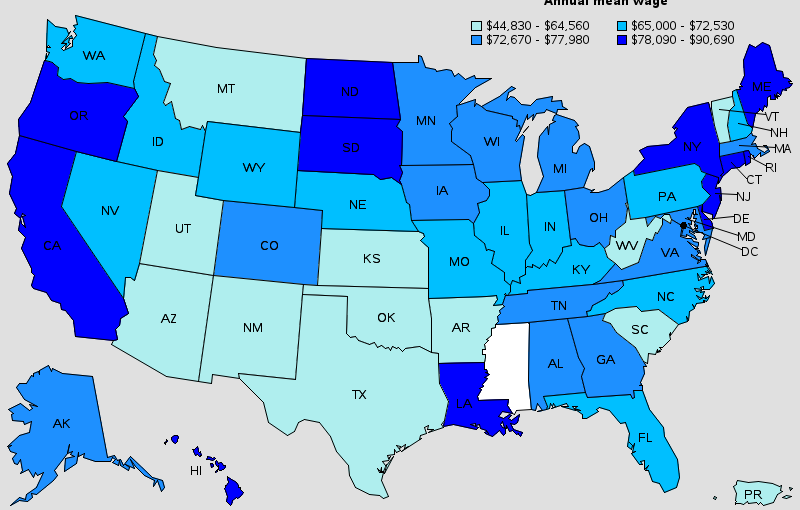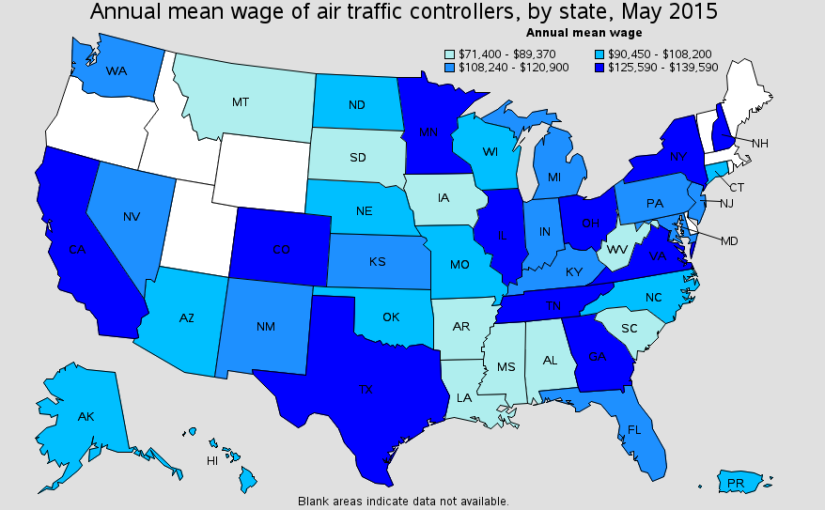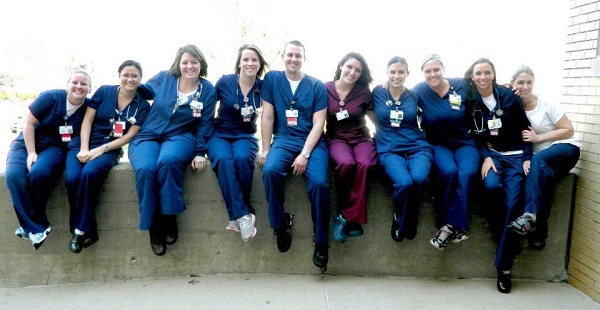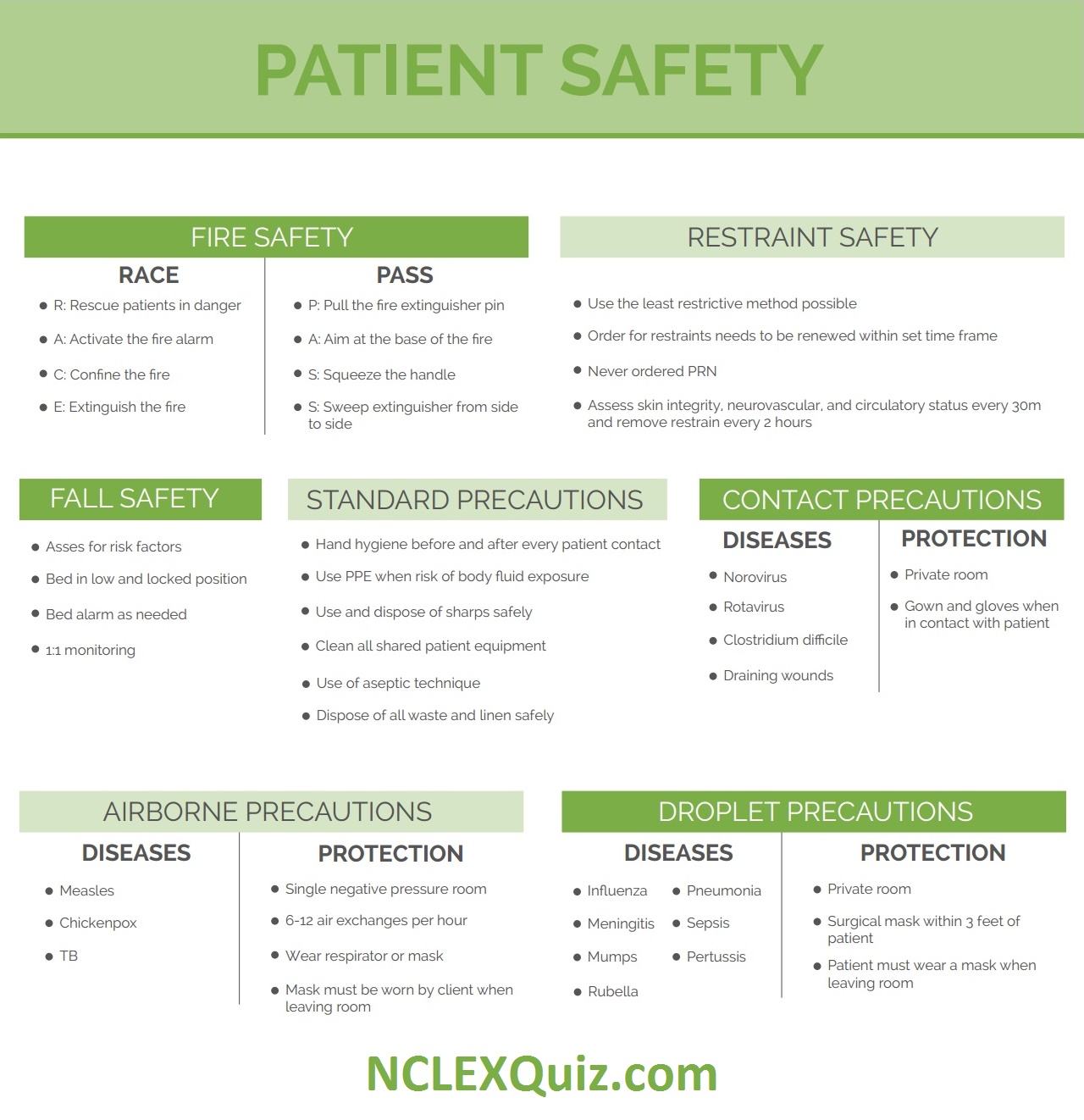This is one in a series of occasional updates on the lives of people featured by STAT during our first year.
They have MDs to their names, but they can’t treat patients. Now Dr. Heidi Schmidt — and others like her — are heading to nursing school to fulfill the dreams that were quashed when they failed to match with a residency program after medical school.
Schmidt, who’s 47, is one of thousands who have graduated from medical school yet failed to match with a residency, the post-graduate training doctors need in order to practice medicine in the United States. STAT wrote about her in March, when more than 29,000 applicants matched to a residency but 8,640 applicants failed to get an offer through the main matching process. This number includes hundreds of students in their final year at US medical schools, as well as foreign nationals and US citizens from international medical schools.
Many failed applicants reapply after spending a year doing research or a fifth year in medical school. Others join the “Dropout Club,” a group for doctors and scientists who leave their intended professions for alternate paths.
This is one in a series of occasional updates on the lives of people featured by STAT during our first year.
They have MDs to their names, but they can’t treat patients. Now Dr. Heidi Schmidt — and others like her — are heading to nursing school to fulfill the dreams that were quashed when they failed to match with a residency program after medical school.
Schmidt, who’s 47, is one of thousands who have graduated from medical school yet failed to match with a residency, the post-graduate training doctors need in order to practice medicine in the United States. STAT wrote about her in March, when more than 29,000 applicants matched to a residency but 8,640 applicants failed to get an offer through the main matching process. This number includes hundreds of students in their final year at US medical schools, as well as foreign nationals and US citizens from international medical schools.
Many failed applicants reapply after spending a year doing research or a fifth year in medical school. Others join the “Dropout Club,” a group for doctors and scientists who leave their intended professions for alternate paths.
Looming question for medical students: Will they be shut out of advanced training?
Though they have medical degrees, doctors who don’t do residencies can’t treat patients, or even work as nurses or medical assistants, without further training. Some in the medical profession say that’s a good thing, because there’s a reason — such as poor performance on board exams — that these new MDs didn’t make the cut. But others call it an outrage that doctors’ skills are going to waste amid a shortage of primary care physicians, just because there aren’t enough residency spots to go around.
Schmidt, who graduated from American University of the Caribbean School of Medicine in 2010, had been hoping to take advantage of a 2014 Missouri law that will allow unmatched medical school graduates to work with a collaborating physician in medically underserved areas. But implementation has dragged: The Missouri Board of Registration for the Healing Arts doesn’t anticipate accepting applications until early 2017, according to a spokesman.
Kansas and Arkansas have passed similar laws — over the objection of groups such as the Association of American Medical Colleges, which contends that it’s not safe to let doctors bypass the traditional residency, which lasts at least three years. Kansas, whose special permits are restricted to graduates of the University of Kansas School of Medicine, has not had any takers so far. Arkansas, which limits applicants to those with ties to the state, just issued its first two special permits in October.








